The Government of the Balearic Islands has presented the balance of the Housing Emergency Plan, launched during this legislature with the aim of increasing the supply of affordable housing for residents. To date, 4,889 homes are in the planning stage across the archipelago, thanks to various measures and programmes, including the Emergency Law, the ‘Build to Rent’ programme, public promotion by IBAVI, and the ‘Secure Rent’ scheme.
The Minister for Housing, Territory and Mobility, José Luis Mateo, accompanied by the Director-General for Housing and Architecture, José Francisco Reynés, and the IBAVI Manager, Roberto Cayuela, has positively assessed the progress of the plan. “There is still much to do, but we are on the right track,” Mateo stated, highlighting the collaboration of local councils in implementing the Emergency Law and allocating land for new housing developments.
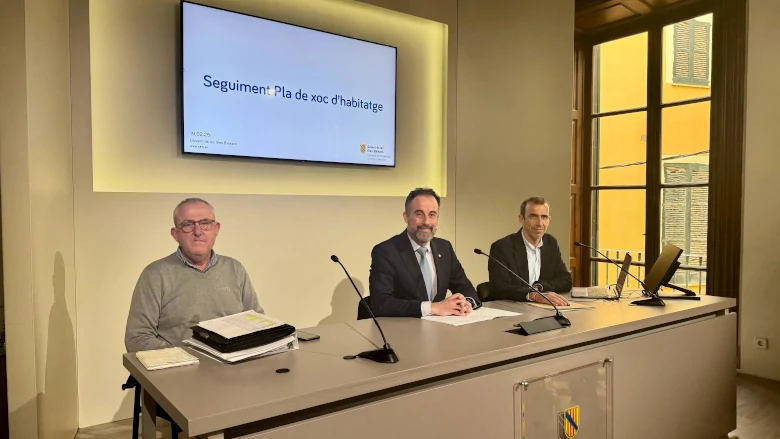
IBAVI Manager Roberto Cayuela, Minister for Housing, Territory and Mobility José Luis Mateo, and Director-General for Housing and Architecture José Francisco Reynés during the presentation of the Housing Emergency Plan results. Photo: CAIB.
Mallorca leads planning with over 3,500 homes
Of the nearly 5,000 homes in planning across the islands, Mallorca accounts for the largest share, with over 3,500 units. Of these, around 1,800 are being developed through the ‘Build to Rent’ programme, which allows public land to be leased to private developers for the construction of affordable or price-capped housing. Additionally, more than 1,300 homes are being promoted through provisions of the Emergency Law.
In Ibiza, more than 1,100 homes are planned, with over 600 included in the ‘Build to Rent’ scheme. Menorca is set to develop 222 homes, mainly through public promotion, while Formentera plans to build around fifteen units, also backed by IBAVI.
Results of the Housing Emergency Plan in the Balearic Islands
Currently, 77.6% of Balearic municipalities (52 out of 67) have adopted some of the measures outlined in the Emergency Law, which allows actions such as converting commercial premises into housing, increasing building heights, or subdividing existing homes to create new residential units.
Overall, the implementation of the Emergency Law has facilitated the processing of 1,668 homes across the islands. Of these, 667 come from land use changes originally designated for public facilities, 549 from private facilities, 182 from converting commercial premises, 133 from height increases, around 90 from completing unfinished buildings, 34 from converting tourist establishments, and approximately fifteen from subdividing existing homes.
Additionally, IBAVI is planning 869 new publicly protected homes, alongside 280 under construction from previous projects. Of the new developments, 406 are in Mallorca, 278 in Ibiza, 175 in Menorca, and 10 in Formentera.
Regarding the ‘Secure Rent’ programme, which aims to bring vacant homes onto the market at affordable prices, over 400 properties are currently in the process of joining, with nearly 150 at an advanced stage of negotiation.
Call to local councils
Minister Mateo highlighted the joint efforts of local councils, regardless of political affiliation, in implementing the Emergency Law and facilitating access to housing. He also urged those municipalities that have not yet adopted these measures to join the plan, aiming to reach the target of 7,000 homes set for this legislature.

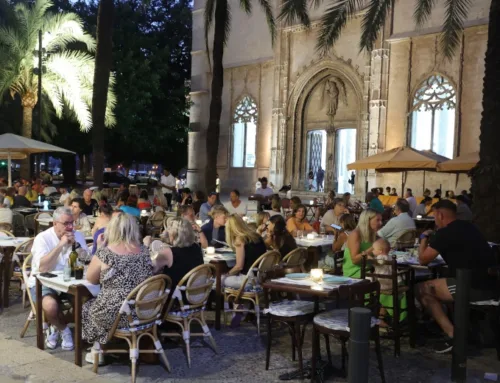
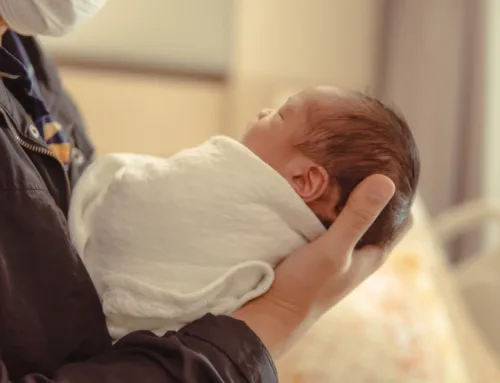
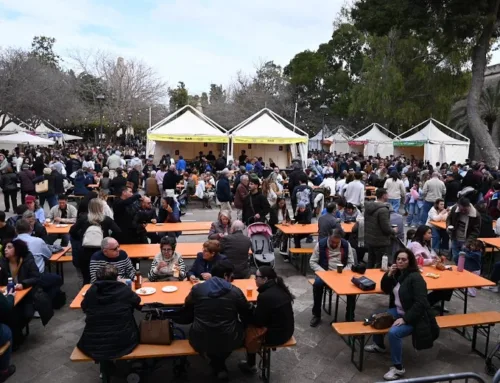
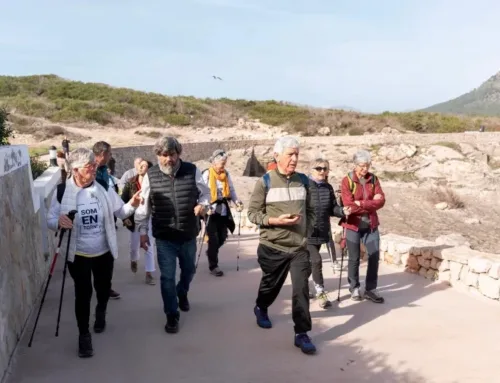
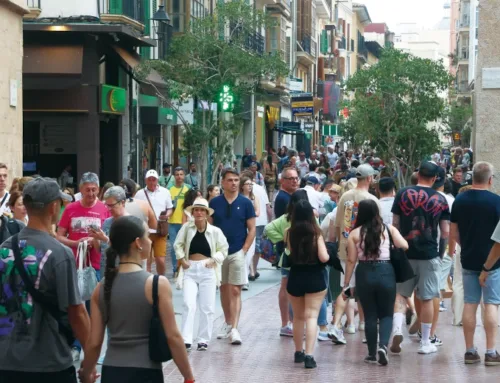

Leave A Comment